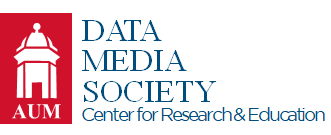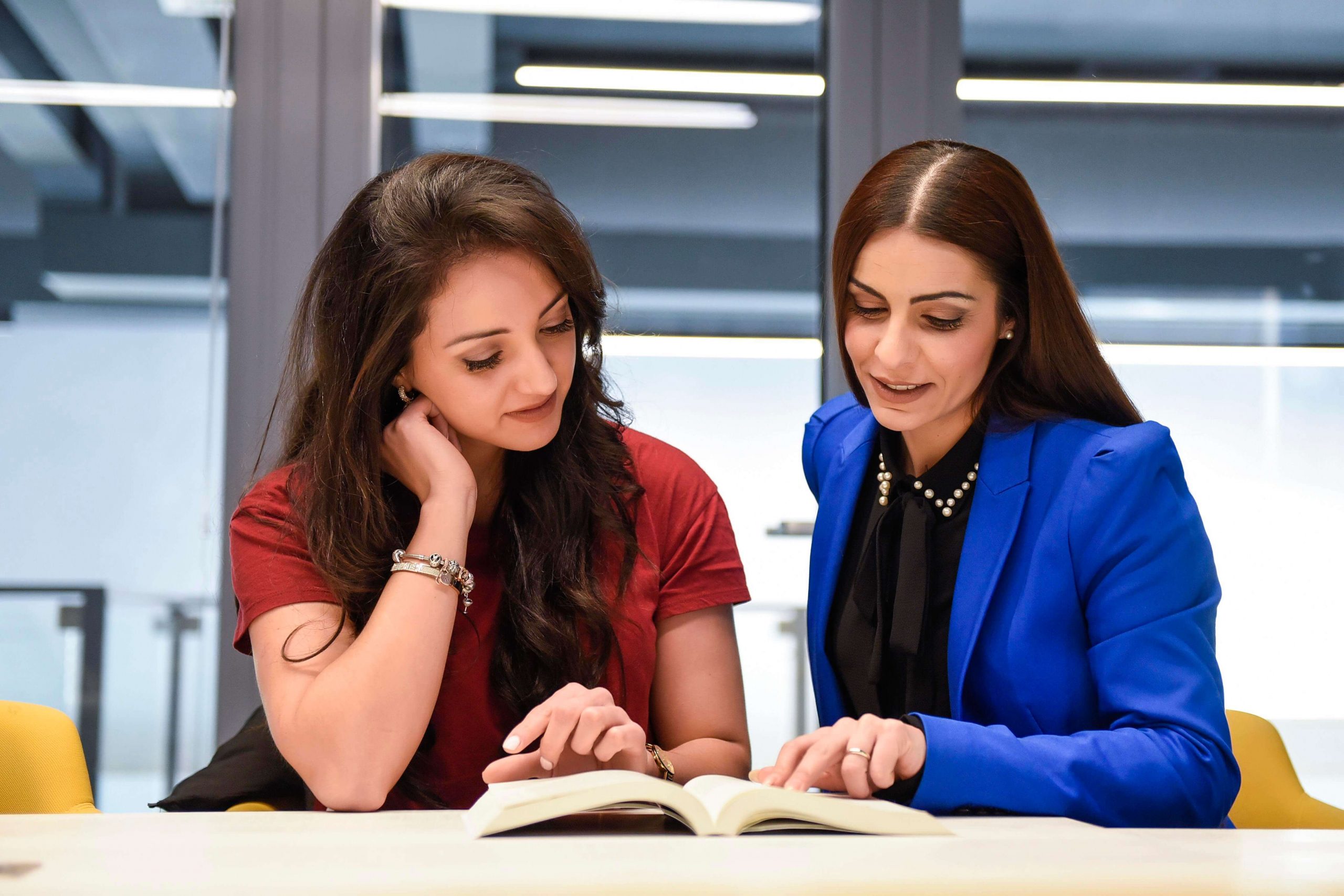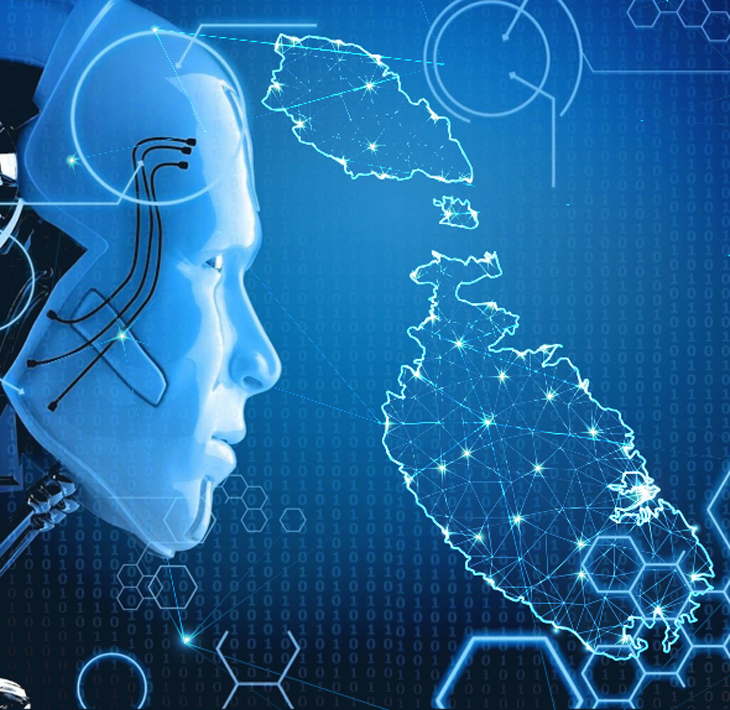Data, Media
& Society Center

Overview
Our Data, Media & Society Center is an independent non-profit institute within the American University of Malta. It aims to help improve public understanding of the implications of digital media technologies and data-driven automation on society.
Objectives
To provide evidence-based research about the impact of digital media technologies on society.
To challenge existing narratives about the use, purpose and power of digital media technologies in society.
To create a diverse network of people, organizations and communities locally and internationally to research and learn about the emerging issues related to digital media technologies and society.
To help shape policy, inform communities and provide research-based education and support to various groups and sub-groups of society.

Education & Support
The Center’s interdisciplinary team of people encompassing experts from political communication, social psychology, media and communications, pedagogy, neuroscience, environmental studies, artificial intelligence, and developmental psychology, is dedicated to produce a number of tools for education for various members of society to help them learn more about digital media technologies’ implications, risks and opportunities. Such education and support starts with:
- Co-design with community members.
- Adjust to individual differences and needs.
- Keep abreast with emerging issues.
- Create community for continuous learning and support.

Subject Area
- Media audiences, uses, meanings, threats and opportunities
- Global citizenship skills.
- Innovation and creativity.
- Collaborative and project-based learning.
- Lifelong and student-driven learning.
- Information quality and media literacy.
Malta & Artificial Intelligence
The National AI strategy for Malta launched towards the end of 2019 aimed to position the country as an innovation hub and a leader in the Fourth Industrial Revolution. While the strategy provides great economic opportunities, it is crucial to ensure that successful educational efforts are in place to educate and support its population. The Center is committed to work on a number of educational initiatives some of which include:
- Educational efforts will include public engagement, dialogue and consultation from across the spectrum.
- Identify measurements and indicators of social impact from AI-based technologies.
- Enable youth perspectives and identify where AI advancement is likely to impact their generation.
- Build interfaces for participation and co-design of technologies and policies that can support young people’s learning and understanding of the impact of AI.

Youth & Artificial Intelligence
Our first round of research looks at young people’s perspectives, understanding and experiences with artificial intelligence (AI) –based technologies. Key questions that we ask include:
What does youth understand by AI-based digital technologies?
What domains that young people occupy or interact with have been or are likely to be impacted by AI-driven technologies?
What changes do young people anticipate resulting from AI-based automation and how do they prepare for such anticipated changes?
What can be done to support their learning and beneficial use of AI-based technologies?
Mapping Decentralized Ledger Technologies in Education
This project looks to identify the existing and ongoing projects that deploy blockchain and decentralized ledger technologies (DLTs) within the educational sector. Online education, massive open online courses (MOOCs), AI-based learning platforms provide plenty of opportunities for individuals from all corners of the world to obtain learning and accreditation. With such opportunities come many challenges such as legitimacy of the institutions that provide the learning courses, identifying and verifying the learner, payment processes, and accreditation. A growing number of players have delved into such tasks to leverage DLT solutions to ensure that online learning and accreditation are secure, immutable and legitimate.
With this research we look to:
- Identify the various projects that are currently developing DLT-based products within the education sector.
- Map the projects that claim to provide secure and authenticated online course accreditation.
- Provide clarity on what these projects provide as solutions and benefits and how these are realized through the application of blockchains.
- To understand the potentials offered by blockchain technologies in education.
The Internet of Everything
From your ‘smart’ watch that measures your pulse rate and number of steps you take to digital billboards providing targeted adverts based on your online social profile to your personal home assistant that advises you to take an umbrella on the way to work because it is likely to rain all morning, the things we use, rely on and continue to create increasingly become part of a greater interrelated computing system, which has become a convergence of complex technologies, big data, real time analytics, machine learning, and sensors.
While we enjoy the many conveniences brought about by IoTs, a number of serious concerns about their negative implications, remain. Some of these relate to privacy and security as a result of the growing generation of granular data that can automate inequalities and destroy privacy.
In this research we specifically focus on the IoT in relation to biometric data collection for the use of toys and other objects targeting children and young people. We ask a number of questions, some of which include:
- What are the risks of harm related to IoTs and the collection of biometric data from the use of smart toys?
- When is parental consent not enough when it comes to the collection of biometric data from smart toys?
Contact the Data, Media & Society Center
The Center runs seasonal internships and fellowship opportunities.
Fellows’ Program
Submit your research proposal, area of interest or join one of your ongoing projects.
Seasonal Internships
Join our team and work on exciting educational programs with teachers and other community members, workshops with children and young people, or research. No age limitations, only passion for discovery and learning. Send us your CV and a short letter of why you are interested in joining us.
Email : hello.datasociety@aum.edu.mt
Telephone : +356 2169 6970